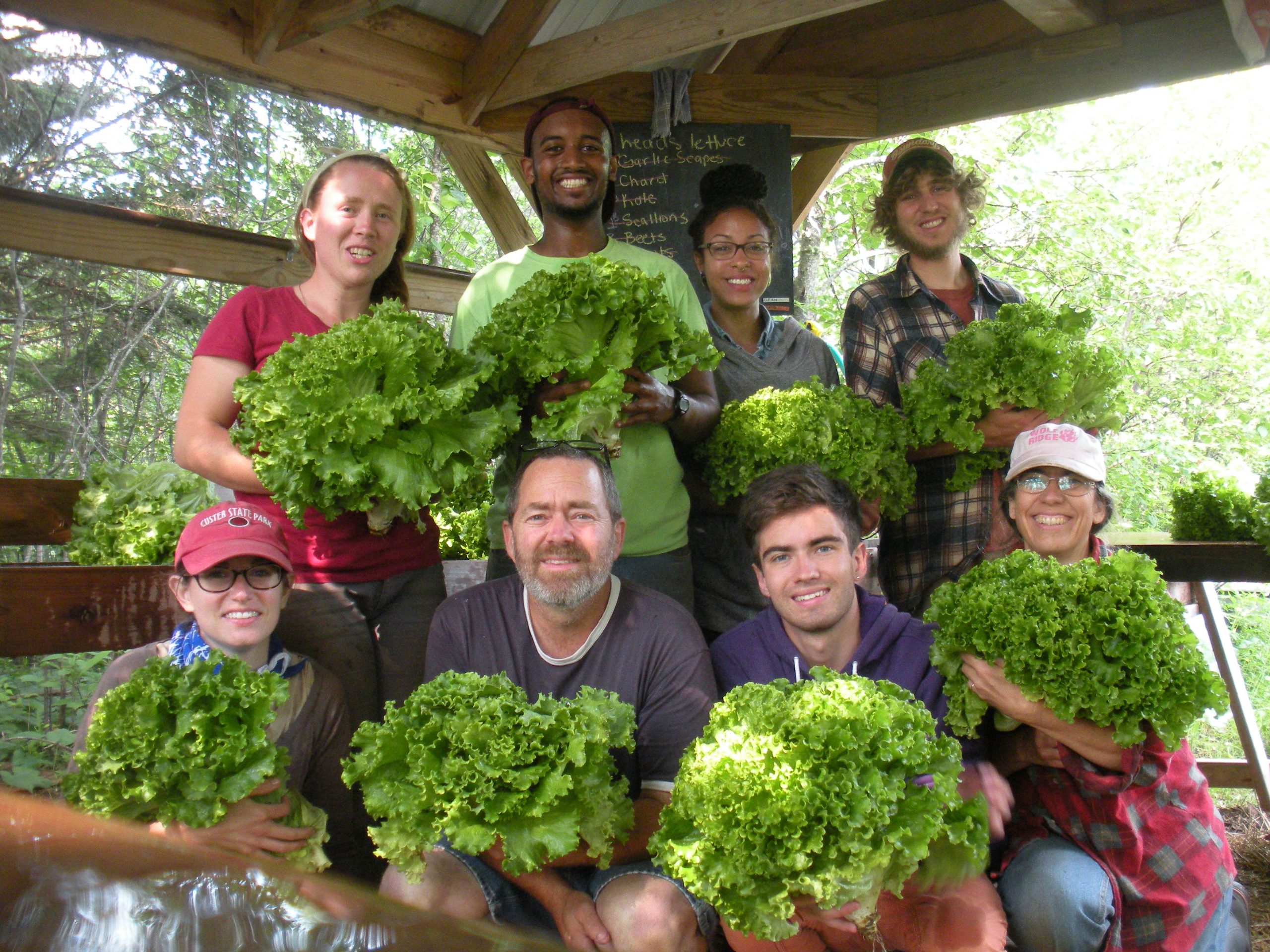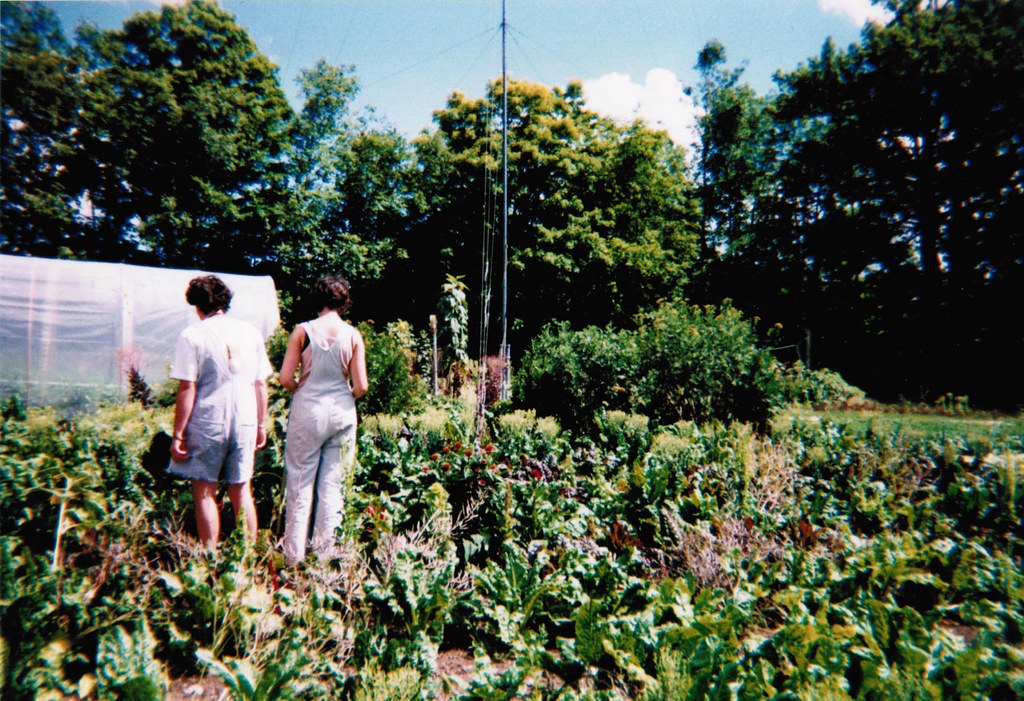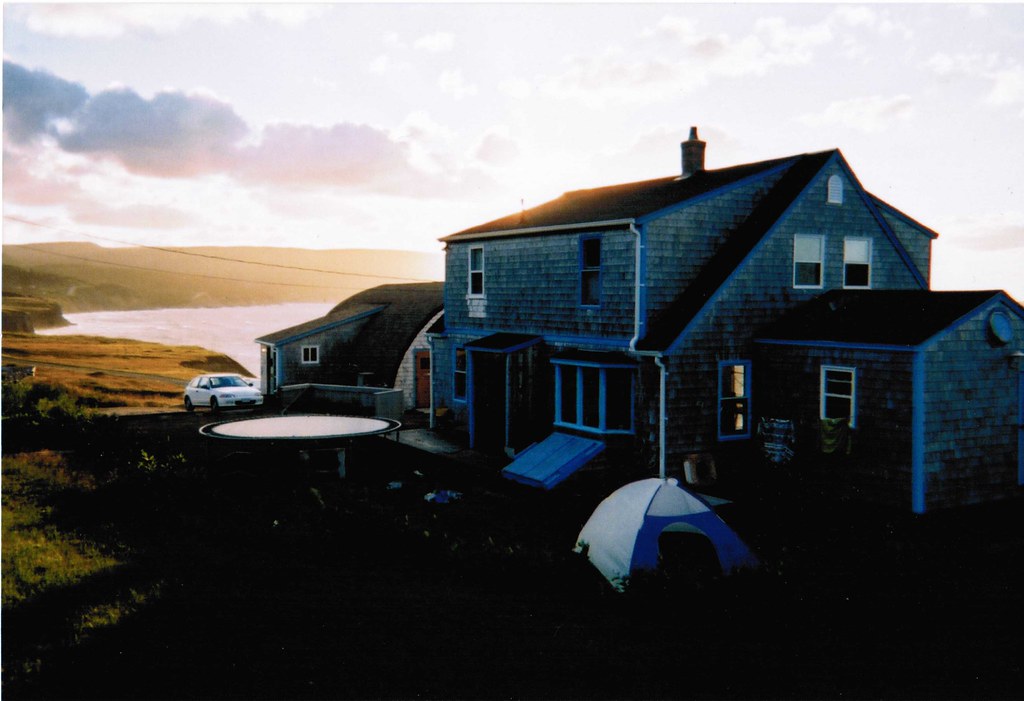Woofing: Cheap Trip Destinations Summary – Concept of Woofing – Formalities before leaving on a trip – Organization of your woofing trip A close cousin of Couchsurfing (this post is coming up next), woofing (or
Woofing: Cheap Trip Destinations
Summary
– Concept of Woofing
– Formalities before leaving on a trip
– Organization of your woofing trip
A close cousin of Couchsurfing (this post is coming up next), woofing (or Wwoofing) is an alternative tourism solution, allowing you to travel without having much money.
You only pay the cost of transportation: in exchange, you have to roll up your sleeves!
How can you be sure that this solution is compatible with your vacation plans? How do you register and get started?
Concept of woofing

Working during your visit
The neologism “wwoofing” is formed from the initials of an association born in England in 1971 and named WWOOF: World Wide Opportunities on Organic Farms.
The idea is simple:
– you go to help an organic farmer or stockbreeder in his work;
– In exchange for this help, the latter offers to host you in his home, free of charge:
◦ you benefit from his lodging to sleep;
◦ of his food;
◦ and you share the daily life of an inhabitant at the other end of the planet;
– during your free time: you can go about your business and enjoy your vacation.
Good to know: you have to agree with your hosts: you can be hosted all year round, during the period of your choice, for a period ranging from a few days to a few months.
As the network has rapidly spread all over the world, you can practice woofing:
– from Europe to Oceania;
– from America to Asia;
– wherever there are organic farms that are members of the association.
Missions of the woofer

It all depends on the agreements made beforehand with your host, but in general, it will be necessary to offer 3 to 6 hours of your time daily, over 5 or 6 days a week:
– Each host specifies his needs, knowing that he will also have to leave you time to discover his region and practice other activities.
– The services required are varied: they depend on the type of farm you will be staying in, the region and the season. You will be able to do:
◦ fruit picking, harvesting, planting,
◦ animal care,
◦ maintenance or repair of farm premises and outbuildings,
◦ do-it-yourself work, cooking, etc.
– Even if your host is not very demanding and gives you a lot of free time, remember that a minimum is required:
◦ respect the rules of politeness and friendliness;
◦ tidy up and keep the room or rooms at your disposal clean;
◦ help set and clear the table;
◦ offer to prepare meals or wash dishes, etc.
Please note: the host must also respect certain conditions: he/she must give a warm welcome, host and feed the woofer properly, and pass on his/her experience.
Variations of the concept

On new sites inspired by the same concept, there are now variations, offering small jobs:
– on traditional and not only organic farms;
– in gites, hotels or guesthouses;
Or even in private homes wanting to develop their garden, renovate their house, or even look after their children.
The concept thus extends to the exchange of various services in exchange for accommodation:
– on some sites, the mission can even be international volunteering;
– The spirit is always to be supportive and ecological;
– The spirit is always one of solidarity and ecology; it is first and foremost about sharing a way of life, a daily life that is generally rural, and about practicing an “immersion tourism” that respects the inhabitants and the environment.
Formalities before leaving on a trip
If you are sure that you have the right profile, that you have enough stamina and love of nature to devote several hours of your vacation to rural work: go for it!
Woofing websites
Visit the different woofing websites before making your choice:
– The international and official site: wwoof.org;
– Workaway.info: registration is free:
◦ the offers come not only from farmers;
◦ but also from owners of guest houses or hotels, individuals asking for a hand in their homes, etc.;
Registration to become a woofer.
On the historical and official site, you must be a member to respond to an offer or launch a request. To become a member, you must
– buy the guidebook that lists all the organic farms accepting woofers in your destination country;
– once you are a member of the association, you can contact the hosts to organize your stay.
Woofing insurance
If you want to go woofing, you will need a passport, and sometimes a visa:
– You need at least civil liability insurance.
– You should check with your insurance company to see if it covers:
◦ your activities during the stay;
◦ risks related to your health, to your trip such as travel for example.
– If your insurer wants to know more about your trip, explain that it is a form of volunteering or volunteer work.
Be careful: do not ask for a work visa, but a tourist visa: you are not paid, and you remain, in the eyes of the law, a simple holidaymaker.
Organization of your woofing trip

Search for information beforehand. Some experiences do not go well because of a lack of preparation, but rest assured, most hosts share a particular philosophy and will favour exchange and conviviality:
– Make a list of hosts that match you: you will probably contact several before getting a positive answer.
– Prepare your stay: at least 1 to 2 months before your departure, especially during the summer.
– Find out about the region, the local way of life, the cultures practiced by the hosts you are interested in: check that it corresponds to your expectations.
– Avoid sending a group of letters; take the time to write a personalized message, explaining to the host what attracted you to him.
– When you get a positive answer, you can search the Internet forums with the farm’s name: the opinions of woofers who have already been there can be valuable.
Please note: many hosts live in remote areas, and woofing is an excellent way to break their solitude. Some of them will even take the time to show you their region. Exchanging with them by email and phone is the best way to be reassured.
Contact your host
Exchanging by email allows you to agree on the dates, the duration of the stay, and to exchange essential information, but it is not enough:
– In addition, a phone call can sometimes reflect better the personality of your host than emails and allows you to obtain faster answers.
– A long telephone conversation will help you find out if you have a good relationship with your host if he or she seems friendly to you, and vice versa.
– Take the opportunity to explain your specific needs, if you have any:
◦ diet, disability, medical treatment, etc.;
◦ beware, some farms are in very isolated places, far from shops, pharmacies, doctors: make sure you know if this is the case and if your host can sometimes take you there.
– If you do not know the rural environment or farming techniques: explain this honestly:
◦ be clear about what you know, what your skills are in farming or animal care;
◦ if there are other areas such as gardening, crafts, cooking, computers that you are good at, mention that as well.
Once your stay is finalized, stay in touch with your host until your arrival date:
– As soon as you know your arrival time (train ticket, plane ticket, etc.), confirm it with your host, and plan a meeting point with him/her.
– If you have to cancel, inform your host as soon as possible and explain your reasons: he may have time to find another woofer.
Key points to identify
Take enough time to set out the terms of your exchanges to make your agreement as smooth as possible:
– Agree now on the activities you will need to do when you come, based on the season, the usual weather at that time, etc.
– Ask if you will need any special clothing or accessories (rubber boots, gloves, sleeping bag, etc.).
– Make sure you know precisely how your days are going to be organized once you arrive, so you don’t have any unpleasant surprises:
◦ how much free time will you have?
◦ What activities will you share with your host?
◦ what will be the working hours?
– Know what type of housing you will be living in:
◦ house or outbuilding, caravan, yurt, tent, etc.;
◦ don’t hesitate to ask if you will have a single room if privacy is important to you.
– Plan how you will get to your host’s farm or home. If you don’t have a car, will they be able to pick you up at the bus stop, train station, airport?
– Ask if other woofers are expected and if they will stay with you.
Are you tempted by woofing for your vacations? If so, go ahead and tell us about your experience.

